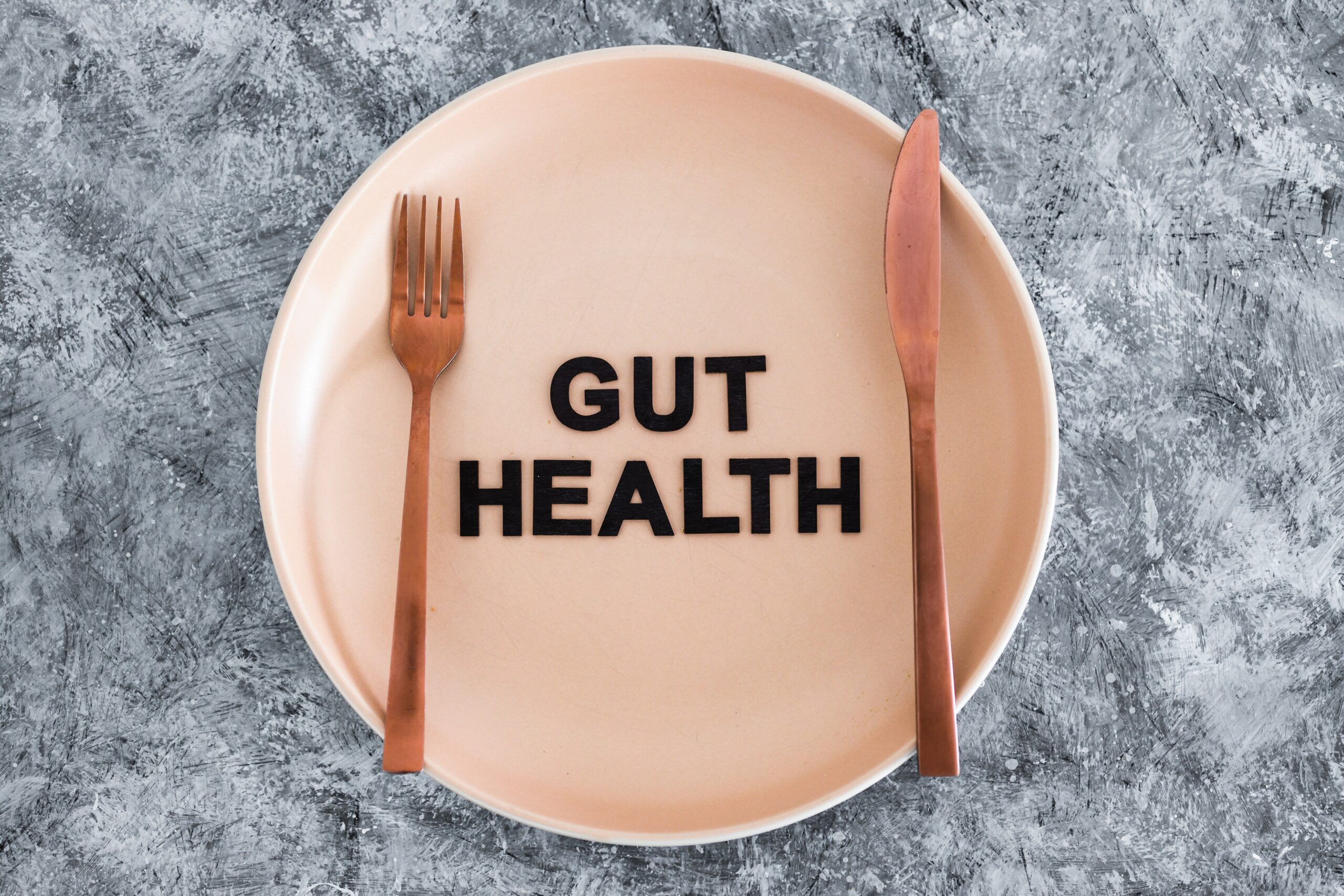Table of Contents

Your digestive system acts as the body's complex processing center, breaking down food into nutrients that fuel everything from your immune system to your mental health—and understanding how it works could be the key to solving numerous health issues many adults face.
At a Glance
- Gut health affects not just digestion but also immune function, mood, energy levels, and mental health
- The gut-brain axis creates a direct connection between digestive health and mental well-being, influencing conditions like anxiety and depression
- Diet choices significantly impact digestive health—whole foods, fiber, probiotics, and proper hydration support optimal function
- Poor digestive health can lead to serious conditions including GERD, IBS, IBD, and increase risk for colorectal cancer
- Lifestyle factors including stress management, regular exercise, and mindful eating play crucial roles in maintaining digestive wellness
Understanding Your Digestive System's Role
The digestive system performs three essential functions: nutrient absorption, waste elimination, and maintaining gut microbiome balance. This intricate system begins working the moment food enters your mouth and continues processing through approximately 30 feet of digestive tract. When functioning properly, it efficiently extracts nutrients from food while removing harmful waste products from the body. The digestive system also houses trillions of bacteria that make up your gut microbiome, which plays a critical role in overall health beyond just digestion.
Poor digestive health can manifest in various ways and lead to serious conditions. Weight gain, persistent heartburn, hemorrhoids, and even increased cancer risk can all stem from digestive issues. Symptoms like bloating, constipation, diarrhea, and abdominal pain often signal that the digestive system requires attention. These symptoms should not be ignored, especially when they persist, as they may indicate underlying problems requiring medical intervention.
Understanding gastrointestinal health is crucial for overall well-being. Dr. Sonali Gautam, Consultant, Gastroenterology & Hepatology at @KDAHNaviMumbai, shares insights on common gastrointestinal diseases. Stay informed and take control of your digestive health!#GastroHealth… pic.twitter.com/cxIPhRiwt7
— Kokilaben Hospital, Navi Mumbai (@KDAHNaviMumbai) February 12, 2025
The Gut-Brain Connection
One of the most fascinating aspects of digestive health is the gut-brain axis, a bidirectional communication network linking your digestive system directly to your brain. This connection explains why digestive issues often coincide with mental health challenges like anxiety and depression. The gut produces many of the same neurotransmitters as the brain, including serotonin, often called the "happy chemical." In fact, about 95% of serotonin is produced in the digestive tract, highlighting how profoundly gut health can influence mood and mental well-being.
The microbiome also plays a crucial role in immune function. A healthy gut microbiota supports immune responses and provides protection against pathogens that could cause infections and diseases. Research increasingly shows that many autoimmune conditions may have roots in gut dysfunction, demonstrating how digestive health impacts systems throughout the body. Additionally, good digestive health provides the energy needed for daily activities, contributing to overall vitality and even affecting skin health and appearance.
Practical Steps for Digestive Wellness
Maintaining digestive health requires attention to diet, lifestyle, and stress management. A diet rich in whole, minimally processed foods provides the nutrients and fiber essential for digestive function. Fiber is particularly important as it helps maintain regular bowel movements and feeds beneficial gut bacteria. Probiotic-rich foods like yogurt, kefir, and fermented vegetables introduce beneficial bacteria, while prebiotic foods such as garlic, onions, and bananas provide the nutrients these bacteria need to thrive.
Staying properly hydrated is crucial for digestive health as water helps break down food and allows nutrients to be absorbed more efficiently. Adults should aim for at least eight glasses of water daily, more during hot weather or exercise. Limiting processed foods, added sugars, and certain medications like NSAIDs when possible can help maintain gut health. Regular physical activity stimulates the digestive system, helping food move through the digestive tract more efficiently and reducing the risk of constipation.
#Obesity is a prevalent and multifaceted medical condition characterized by an excessive accumulation of body fat. Contrary to being merely a cosmetic concern, it is a significant health issue associated with various diseases and health problems, including heart disease,… pic.twitter.com/sMUE1JpaI0
— FRONTIER POLYCLINIC & DIAGNOSTIC CENTER (@Frontierclinics) February 29, 2024
When to Seek Professional Help
While occasional digestive discomfort is normal, persistent or severe symptoms warrant medical attention. These include ongoing abdominal pain, blood in stool, unexplained weight loss, chronic heartburn, or changes in bowel habits lasting more than a few days. Digestive disorders like Gastroesophageal Reflux Disease (GERD), Irritable Bowel Syndrome (IBS), and Inflammatory Bowel Disease (IBD) require proper diagnosis and treatment plans. Regular screenings, particularly colonoscopies for adults over 45, are essential for detecting colorectal cancer early when treatment is most effective.
For those considering supplements to support digestive health, options include probiotics, prebiotics, digestive enzymes, and fiber supplements. However, these should complement rather than replace healthy dietary and lifestyle practices. Quality matters when selecting supplements—look for reputable brands with transparent labeling and research support. Always consult healthcare providers before starting new supplements, especially for those with existing health conditions, pregnant women, or older adults who may have special considerations.
